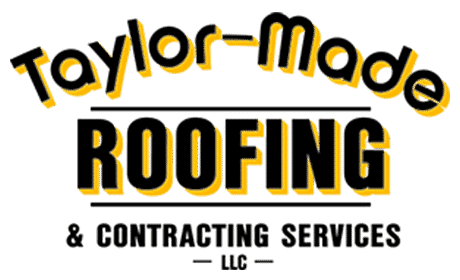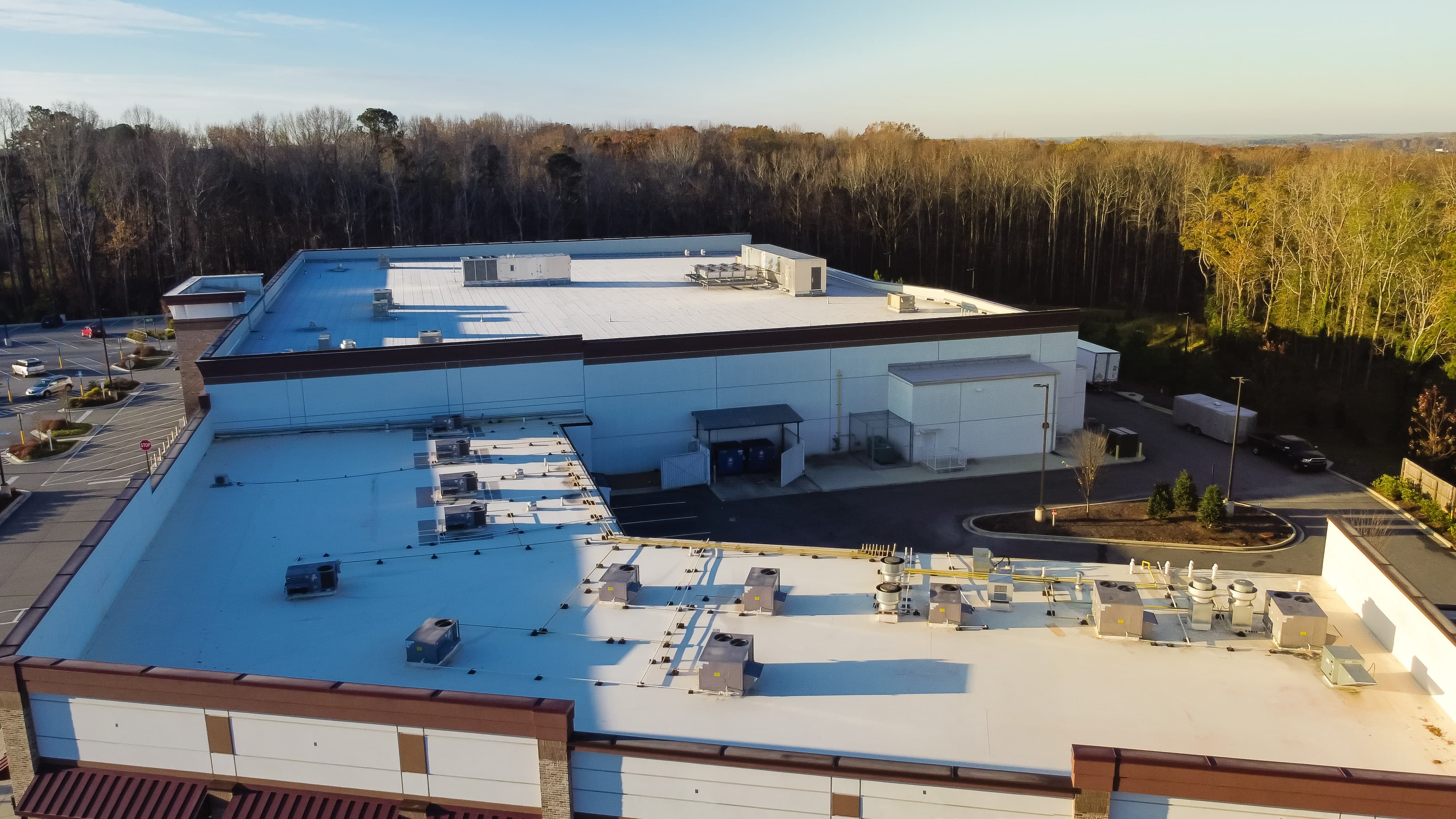Why Are Flat Roofs Common on Larger Commercial Buildings?
There are countless types of businesses. These companies have diverse goals, and their facility requirements reflect that. Despite the variety in floor plans and features, most large commercial facilities have flat roofs. Why are flat roofs common on larger commercial buildings? There are several excellent reasons.
Speed
Flat roofs are quicker to install and repair than sloped roofs. This helps to keep labor costs down and gets the roof in place faster so that businesses get to begin work sooner. There are three popular types of flat roofs:
- Built-up roofs: The traditional flat roof, BUR roofing involves alternating layers of hot tar and roofing felt. Then, gravel is placed over everything. It’s hot, heavy, and messy, but it’s inexpensive.
- Modified bitumen roofs: This roofing style was designed to replace BUR roofing. Here, asphalt rolls are sealed together to form a protective layer. This type of roofing may be torch-applied, hot-applied, cold-applied, or self-adhered.
- Single-layer membrane roofs: The newest additions to the flat roof catalog, these roofs often have formal names that sound like something from a science experiment, so they’re frequently better known by initials. Popular versions include ethylene propylene diene monomer, or EPDM, polyvinyl chloride, or PVC, and thermoplastic polyolefin, or TPO. Single-layer membrane roofs are thin, flexible, and installed quickly. They also tend to be energy-efficient, easy to repair, and durable.
Cost
Flat roofs are a cost-effective choice, according to BuilderSpace.com. With different styles of flat roofs to choose from, you can select the best option for your situation. Some types of flat roofs tend to have higher price tags than others. However, one thing is generally true. A comparable sloped roof would generally require more material and more labor than any flat roof, so sloped roofs come at a higher cost.
Accessibility
You don’t have to be a roofing professional to understand that the risk of falling off a sloped roof is much greater than a flat roof. A sloped or pitched roof isn’t the friendliest environment, and the steeper the pitch, the trickier it is to travel on. Flat roofs are different. Their level nature makes a flat roof more accessible.
Space
Because flat roofs are more accessible, companies can capitalize on the space they offer. You’ll frequently find solar panels, water systems, HVAC systems, and other mechanical systems on the flat roofs of commercial buildings. This reduces the amount of square footage inside the building that has to be dedicated to mechanical systems, freeing up valuable space for other things. In some places, the roof may even be used for social space, storage, or other purposes.
Durability
Flat roofs deliver excellent durability. As SFGate reports, the expected lifespan of a flat roof depends on several factors, including the material covering it and the quality of the installation. Maintenance is also an issue. The conditions the roof encounters also matter. A flat roof that is routinely subjected to severe weather and never offered any care in the form of regular maintenance is unlikely to last as long as a similar roof that only faces mild weather and receives regular upkeep. How long can a flat roof last? Some flat roofs have a warranty of just 10 years. Others come with 20-year warranties. However, a quality flat roof that’s installed properly and maintained well can last for up to 50 years.
Versatility
Flat roofs provide possibilities. Because they offer extra space, you can decide what you want to use it for. Some companies create public spaces for employees. Others use it for storage. Dedicating part of the space to mechanical equipment is common, but there’s also potential for evolution as your company’s needs change.

